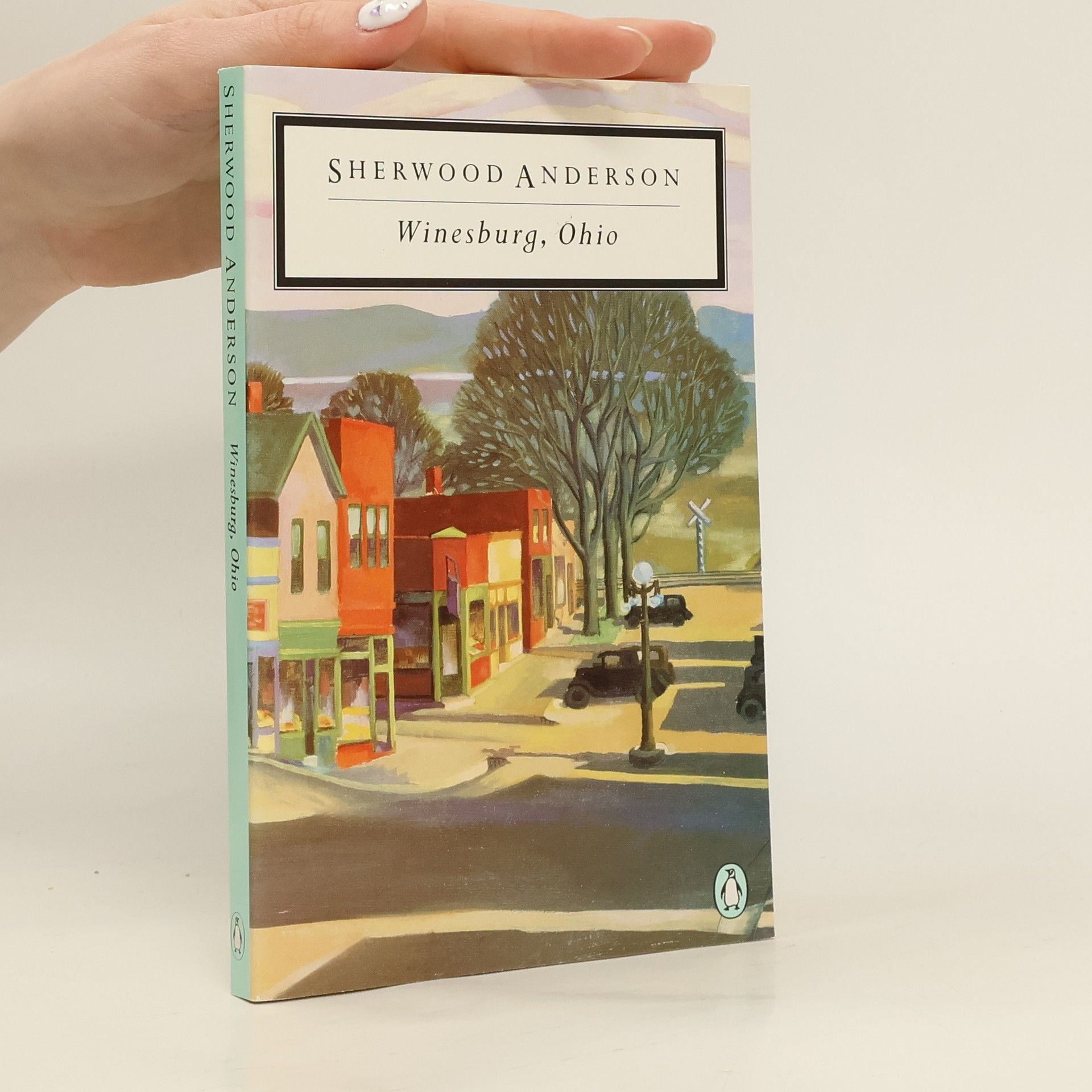Selected Stories
- 208 páginas
- 8 horas de lectura
Beginning with his 1919 masterpiece, Winesburg, Ohio, Sherwood Anderson exercised an immense influence on American fiction writers. "Anderson was the father of all my works," declared William Faulkner, "and those of Hemingway, Fitzgerald, etc. … He showed us the way." Written in a seemingly simple narrative style, Anderson's slice-of-life stories often explored the loneliness and frustration of small-town life. This new collection draws from The Triumph of the Egg and Horses and Men to offer a choice selection of Anderson's most characteristic work: "The Egg," a parable of ambition, failure, and sacrifices made in pursuit of the American Dream; "Out of Nowhere into Nothing," in which a young woman is trapped between two less-than-ideal choices; "I Want to Know Why," a tale of innocence and coming of age; and other bleak, funny, and moving stories of restless individuals in search of a meaningful existence.






